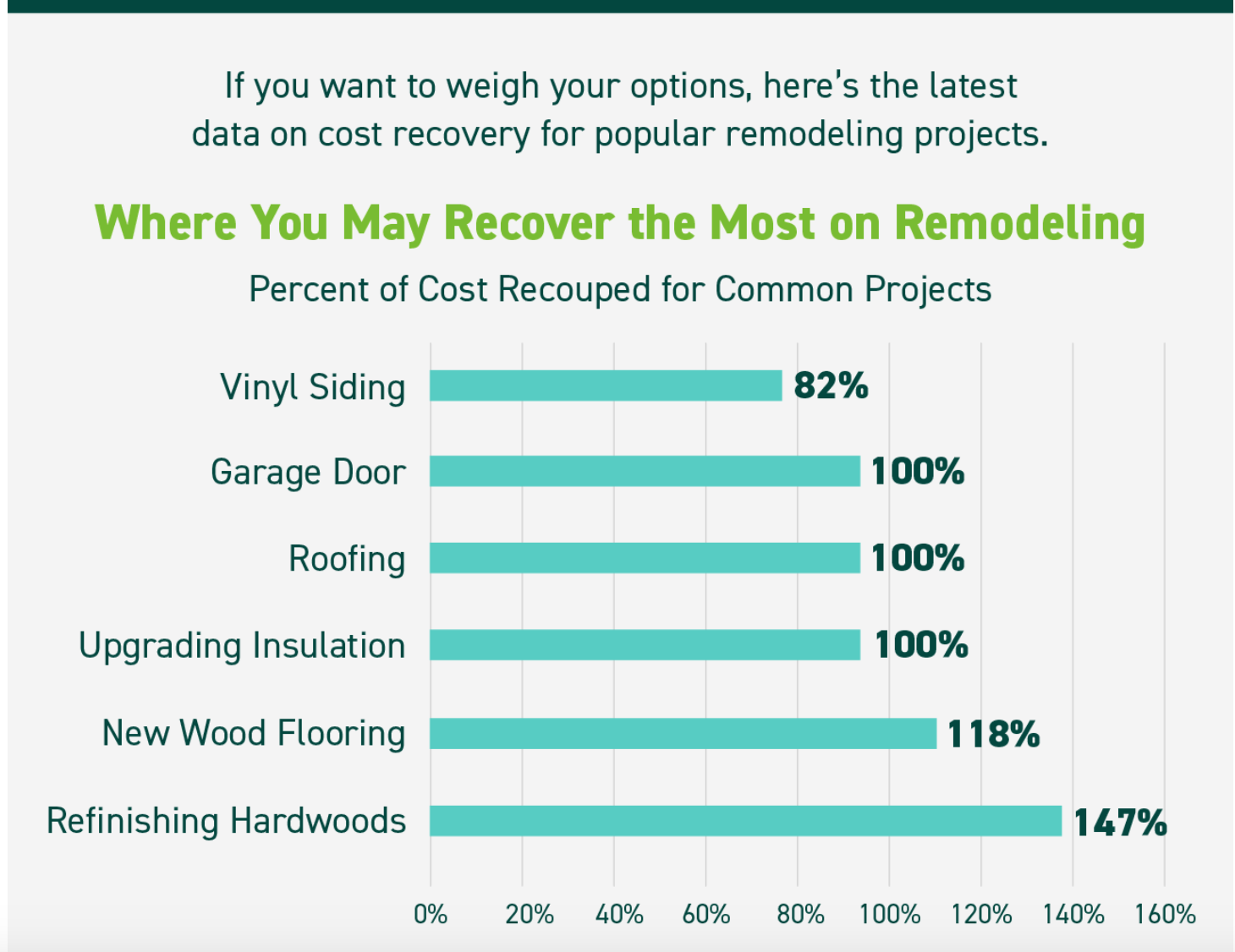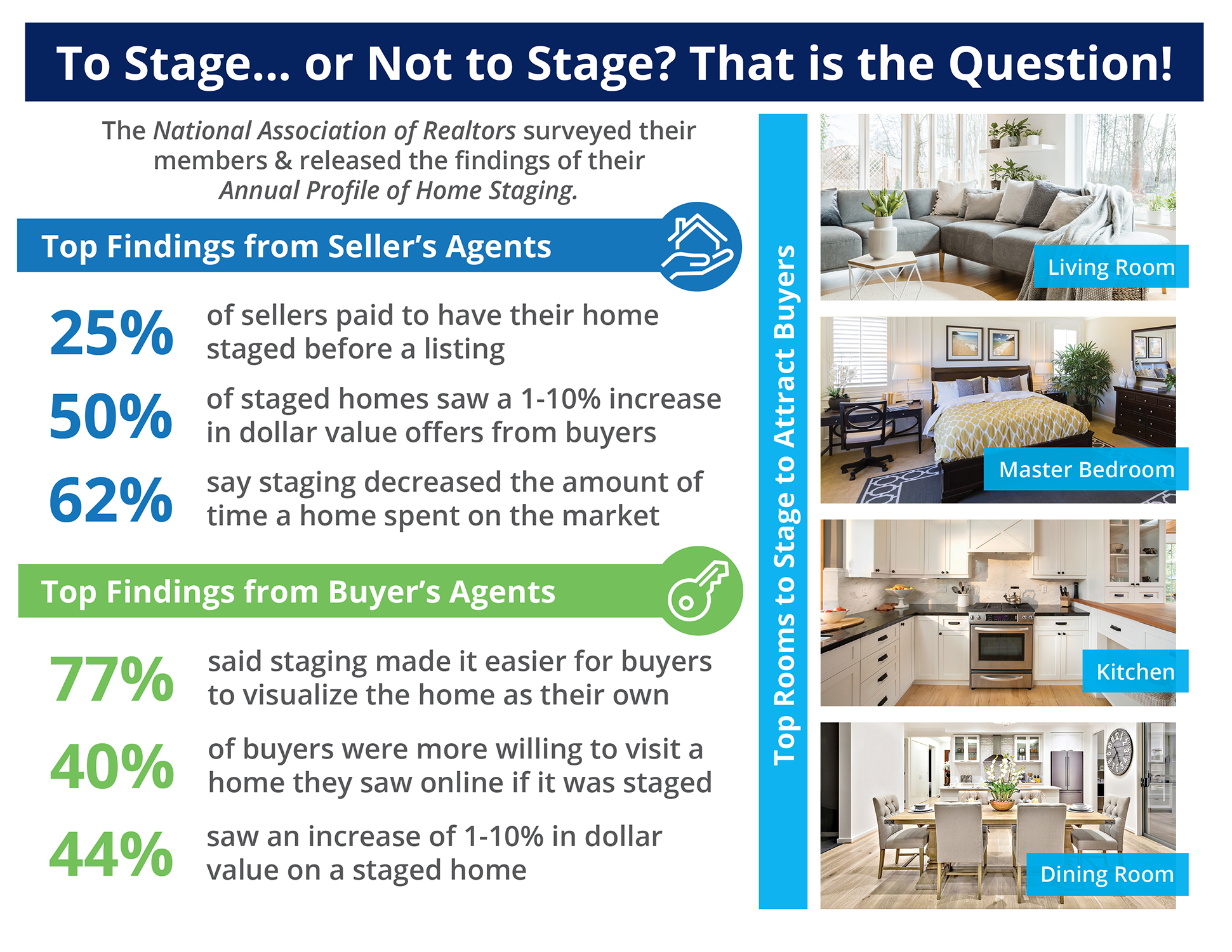Should I Sell My Home “AS-IS”
When preparing to sell your house, it's important to consider several key aspects:
When considering selling your property "as is," it's essential to thoughtfully assess both your emotional capacity and financial ability to invest in improving the property's appeal, which could, in turn, elevate its market value. The decision to prepare, renovate, and stage your home is particularly significant, as it can substantially enhance the property's attractiveness to prospective buyers, potentially influencing the sale's success.
The potential for quicker sales versus receiving a lower offer due to the home's condition. Such a reflection is key to ensuring that you choose a path that aligns best with your unique situation, financial goals, and personal readiness to embark on the selling journey.
It's crucial to have an expert by your side who can ask pertinent questions and delve deeply into the core aspects of your situation. This ensures a comprehensive understanding of your unique circumstances, leading to a successful sale regardless of the path you choose. With our expertise, nothing is overlooked, and you are guided towards a decision that fully addresses your concerns and maximizes your property's potential in the market.
Deciding on the Sale Approach: Assess if you want to sell your home "as is" or invest time and resources into making it more marketable. Reflect on your emotional and financial readiness to undertake necessary repairs or improvements that could increase your home’s value. Staging your home is another aspect; it can make your property more appealing to buyers but also requires time and resources.
Understanding the Pros and Cons of Selling "As Is": Selling your home "as is" can be quicker and less stressful, as it doesn't require investing in repairs or staging. However, this might lead to a lower sale price and a smaller pool of interested buyers.
Estimating the Time to Sell: The time frame for selling your house can vary. If priced correctly and given favorable market conditions, your home might go under contract within a month and sell within a few months. The speed of the sale also depends on factors like whether the deal is made in cash, the state of the housing market, and any contingencies involved.
Assessing the Market Value of Your Property: The current market value of your property is an approximate estimation of what your home is worth. While real estate agents can provide an estimated value, ultimately, the market dictates the final price. This estimation considers location, property condition, and market trends.
Consulting with your accountant is also an important step. They can provide insight into the financial implications of selling the property at a higher value, such as tax considerations. Understanding these factors can be pivotal in your decision-making process.
Conducting a pre-home inspection is often a wise move. This proactive step allows you to be fully aware of the property's condition, preparing you for any issues that might arise during negotiations. Being transparent about all known aspects of the property is key. Full disclosure can prevent surprises and facilitate smoother transactions.
The decision to stage your home is personal and depends on several factors. Staging can significantly enhance a property's appeal, allowing buyers to visualize the space as their own.
It's also essential to address minor repairs like fixing leaky faucets or squeaky doors to avoid overwhelming potential buyers with minor but noticeable issues.
Major renovations, like roof replacements or extensive repairs, often become negotiation points, especially in a competitive market with multiple offers. These decisions should be based on your unique situation and the market conditions. Sometimes, if the property is in a desirable location or has specific zoning advantages, extensive preparation may not be necessary, as buyers might be planning significant renovations or tear-downs.
Ultimately, whether to prepare your house for sale is a personal choice, influenced by your current life journey and the real estate market dynamics. Careful consideration of all these aspects will guide you toward making the best decision for your situation.
Here are some basic approaches you can take to prepare your home for sale.
Decluttering, depersonalizing, and thoroughly cleaning your home. This approach makes the space feel more open and welcoming and allows potential buyers to imagine themselves living there easily.
Assessing and addressing any required repairs. Taking care of these issues can significantly improve the overall impression and functionality of the property.
Improving the home's exterior appeal. A well-maintained facade and landscaped garden can create a positive first impression and add to the property's attractiveness.
Thoughtfully staging the home to highlight its most appealing attributes. This helps present the house in the best possible light, making it easier for buyers to visualize it as their future home.
Correct Pricing: Setting the right price is paramount. It should reflect the true market value of your property, making it attractive to potential buyers while ensuring you get a fair deal.
Accessibility and Cleanliness: Keep your property easily accessible for viewings and maintain its cleanliness. A well-presented home makes a significant positive impression on buyers.
Creating a Welcoming Atmosphere: Help buyers envision themselves living in your home. This can be achieved through staging or simply by creating a warm, inviting environment.
Transparency: Be as transparent as possible about the condition of your property. Full disclosure builds trust and can prevent complications during the sale process.
Paying attention to these aspects can greatly enhance the appeal of your home to potential buyers, leading to a smoother and more successful sale.
Each of these considerations plays a crucial role in the home-selling process, and it’s essential to weigh them carefully to align with your circumstances and market conditions. This thorough approach will help you make informed decisions and potentially lead to a more successful and satisfying sales experience.


